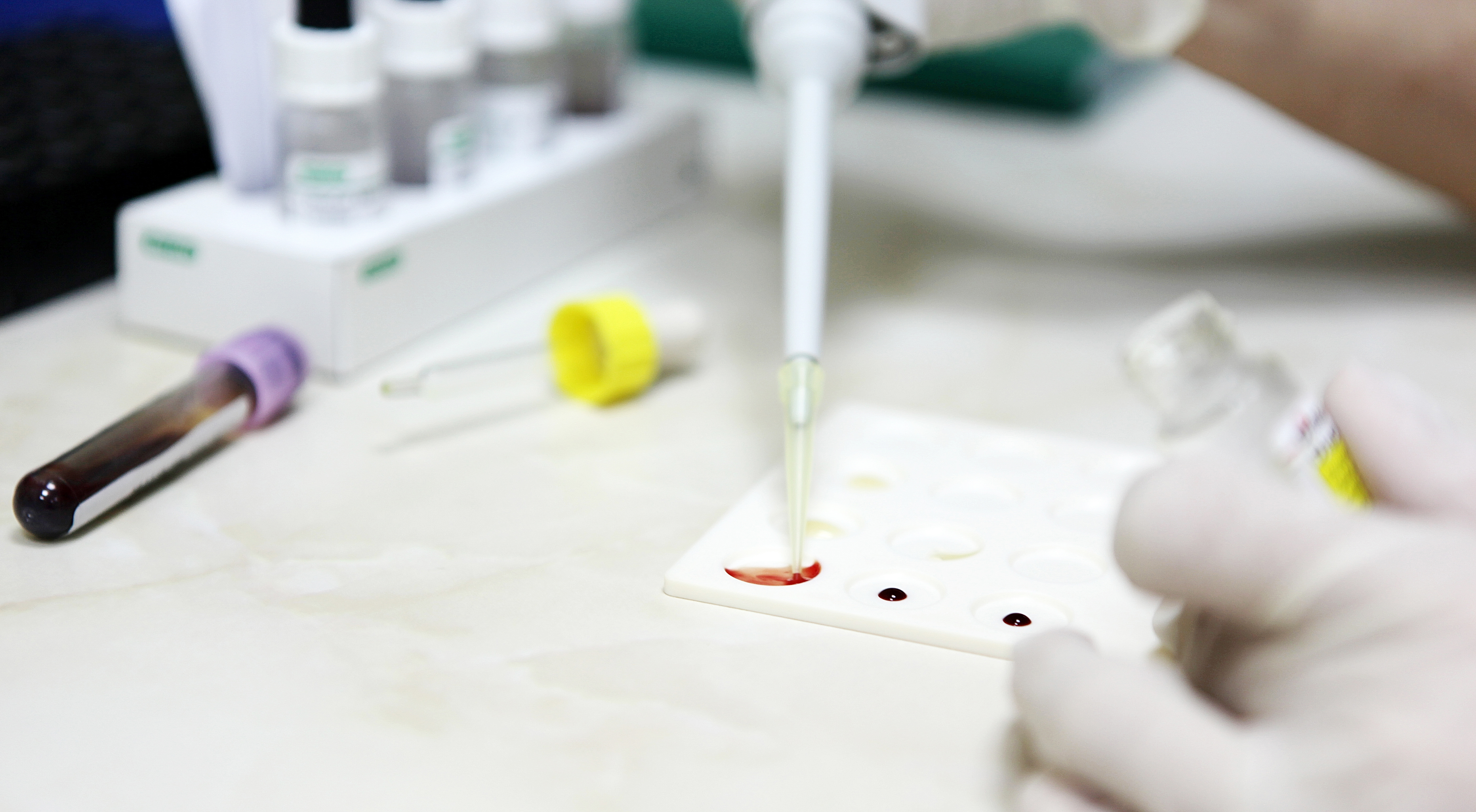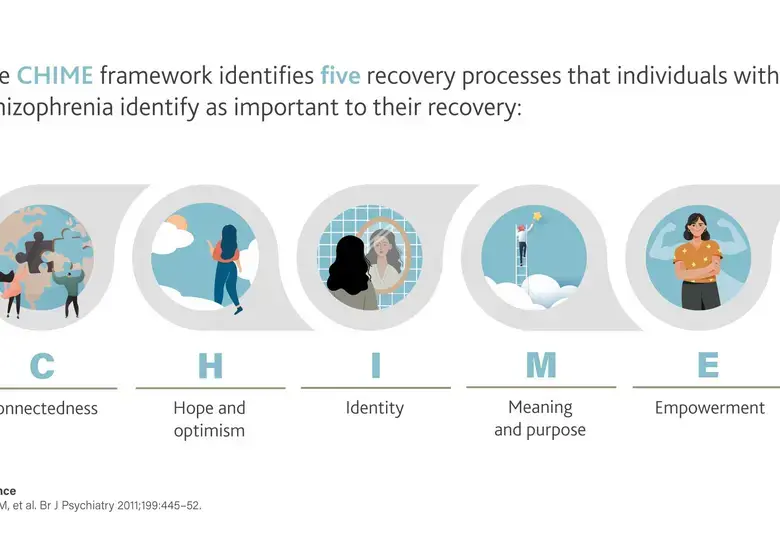Which treatment is best suited for which type of depression? Patients with a subtype of major depressive disorder (MDD) associated with inflammation appear to be more likely to respond to a dopaminergic or glutamatergic antidepressant rather than to a selective serotonin reuptake inhibitor (SSRI); and inflammatory biomarkers might be linked to different treatment outcomes according to evidence presented at APA 2019.
In short-term studies, the treatment of depression has shown to unfortunately be associated with low rates of response and remission, with only one in three patients with depression achieving remission. This begs the question “Who will respond to treatment?”, asked Professor Madhukar Trivedi, University of Texas Southwestern Medical Center, Dallas, TX.
The inflammatory subtype of MDD
An inflammatory MDD subtype is associated with suicidal ideation
The heterogeneity of MDD results in many different subtypes, one of which may be an inflammatory subtype. Accurately matching patients with different subtypes of MDD to current treatments and identifying new therapies to target inflammatory biotypes are steps towards personalized medicine in psychiatry, explained Professor Trivedi.
An inflammatory subtype of MDD is associated with a much more severe course1 than other subtypes and is also associated with suicidal ideation,2 he said. How inflammation impacts MDD is not known, but it is known that:
- inflammatory cytokines may influence the development of depressive symptoms through their influence on neurotransmitter systems including dopamine and glutamate
- some depressive symptoms, such as anhedonia, fatigue, and appetite and sleep disturbances, have been more closely linked to inflammation than others
Can inflammatory biomarkers guide more effective treatments?
Increased levels of the inflammatory biomarker C-reactive protein (CRP) is associated with decreased connectivity in the corticostriatal reward circuitry, said Professor Trivedi. The decreased connectivity between the ventral striatum and ventromedial prefrontal cortex correlates with increased anhedonia.3
Furthermore, depression becomes less severe in patients with MDD; and higher baseline levels of CRP when treated with a dopaminergic antidepressant combined with SSRI than when treated with SSRI monotherapy.4
Inflammatory biomarkers might help to optimize antidepressant selection
Similarly, higher baseline platelet-derived growth factor (PDGF) is associated with a greater reduction in depression severity and anhedonia when MDD is treated with a dopaminergic antidepressant combined with SSRI than when treated with SSRI monotherapy.5 PDGF is integral to the blood–brain barrier (BBB), increases with BBB disruption, and is associated with neuroinflammation.
Professor Trivedi also described how transfusion of Th17 cells promotes learned helplessness in mice and depression-like behaviors, and that inhibiting interleukin-17 (IL-17) mitigates Th17 transfusion-dependent learned helpfulness.6 IL-17 is a proinflammatory cytokine and Th17 cells play a critical role in inflammation.
Inflammatory biomarkers might therefore be treatment moderators linked to different treatment outcomes. They could therefore be used to optimize treatment selection for individuals and provide early indications of treatment response.
For further reading on this topic, please see What is the role of inflammation in the pathophysiology of mood disorders?




